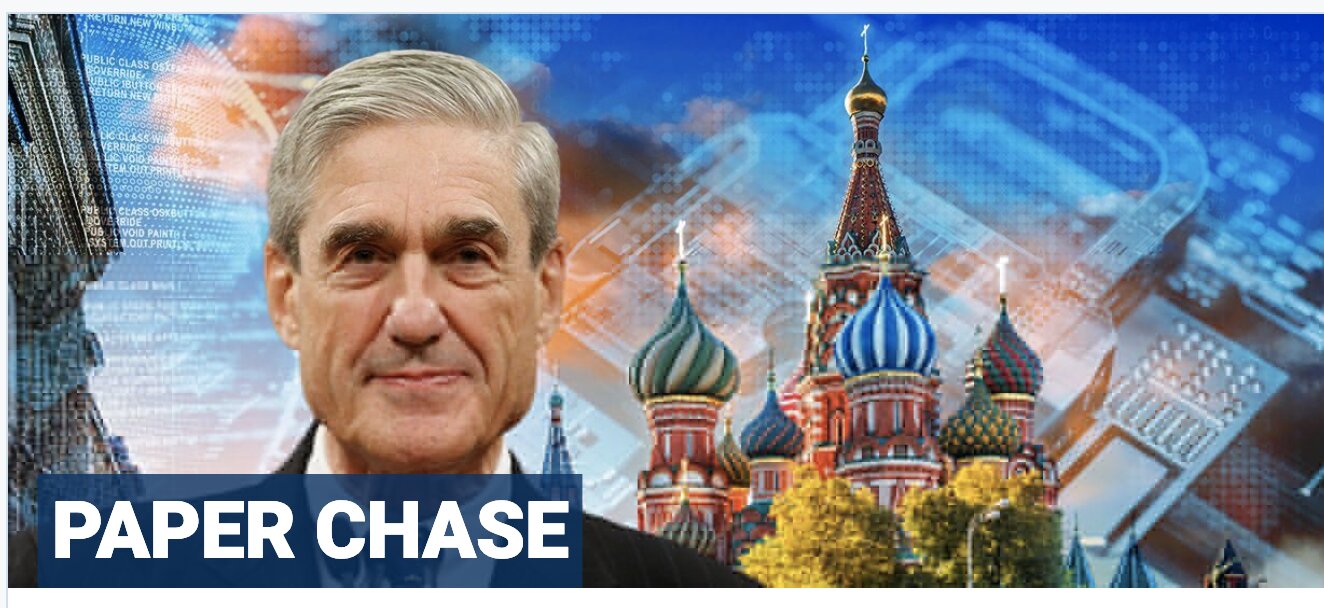
Team Mueller asks judge to shield 3.2M ‘sensitive’ docs from Russian company accused of meddling
Mueller team wants to withhold 3.2 million ‘sensitive’ docs from indicted Russian company
Prosecutors in a case brought by Special Counsel Robert Mueller’s team asked a federal judge on Thursday to withhold 3.2 million “sensitive” documents from the Russian company Concord Management LLC because of national security and law enforcement concerns.
During a court hearing in Washington, government prosecutors told U.S. District Judge Dabney Friedrich there are about 3.2 million documents that no employee or officer of Concord Management LLC should be allowed to view outside of the United States as part of the discovery process.
Tuesday’s hearing was chiefly an argument over how to handle millions of documents the government considers “sensitive” to national security and law enforcement matters.
Mueller has indicted Concord Management, and a number of its employees, for attempting to meddle in the 2016 presidential election.
Mueller’s office said much of the discovery information they have provided to lawyers for Concord so far in the case has ended up on the internet as part of a “disinformation campaign” against Mueller’s Russia investigation. But the special counsel’s office stopped short of accusing Concord of leaking the discovery information to the Russian-linked twitter accounts behind the disinformation campaign.
RUSSIAN COMPANY INDICTED BY MUELLER SAYS CHARGE IS BASELESS
Prosecutor Jonathan Kravitz told Friedrich it would be permissible for individual documents among the 3.2 million to be viewed by employees of Concord Management. But he argued the entire set of documents could reveal the investigation techniques the government used to acquire them.
Friedrich said the burden is on the government to cull the documents and provide the defense with a subset of documents they could share with their client in an effort to mount a defense.
JUDGE IN RUSSIA PROBE CASE REPRIMANDS ATTORNEY WHO QUOTED ‘ANIMAL HOUSE’
“It’s hard for me to weigh competing interests about documents in the abstract,” Friedrich said, noting the government has only provided the defense about 500 documents so far. “Five hundred versus three point two million… this is heavily on the government’s side.”
Another complicating factor is that one of Concord’s senior officers, Yevgeny Peigozhin, is under indictment and would likely be arrested if he set foot in the United States.
Government prosecutors are insisting that the only way anyone from Concord should be allowed to view any of the sensitive documents would be at the Washington offices of Reed Smith, the defense attorney’s law firm.
Defense attorney Eric Dubelier called that provision a “non-starter” and alluded to a plan he had proposed in a sealed filing.
At another point in the proceedings the idea of showing the evidence to certain employees of Concord via a videoconference between Washington and Russia was floated, but government prosecutors strongly resisted that scenario.
The rest of the hearing was sealed and the public was removed from the courtroom.
No trial date has been set in the Concord case and Dubelier hinted that there may be much more “complicated evidentiary issues” to get through before trial.
A federal grand jury last year indicted 13 Russians and three Russian companies for allegedly interfering in the election, in a case brought by Mueller that detailed a sophisticated plot to wage “information warfare” against the U.S.
Concord Management was among those entities.
When Concord Management pleaded not guilty last year, Dubelier said in court, “The government has indicted the proverbial Ham sandwich.”

